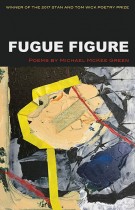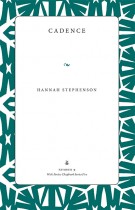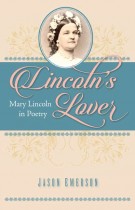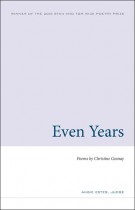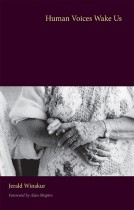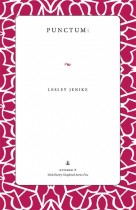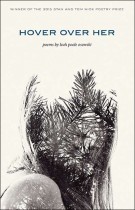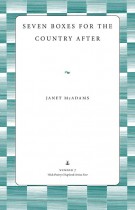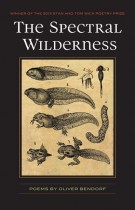Learning to Heal
Jeanne Bryner and Cortney Davis | Filed under: Literature & Literary Criticism, Literature & Medicine, Medicine, Poetry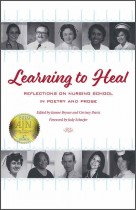
What is it like to be a student nurse? What are the joys, the stresses, the transcendent moments, the fall-off-your-bed-laughing moments, and the terrors that have to be faced and stared down? And how might nurses, looking back, relate these experiences in ways that bring these memories to life again and provide historical context for how nursing education has changed and yet remained the same?
In brave, revealing, and often humorous poetry and prose, Learning to Heal explores these questions with contributions by nurses from a variety of social, ethnic, and geographical backgrounds. Readers meet a black nursing student who is surrounded by white teachers and patients in 1940, a mother who rises every morning at 5 a.m. to help her family ready for their day before she herself heads to anatomy class, and an itinerant Jewish teenager who is asked, “What will you become?” These individuals, and many other women and men, share personal stories of finding their way to nursing school, where they begin a long, often wonderful, and sometimes daunting, journey.

